We Need to Talk About the Stigma of Maternal Mental Health
Motherhood is a transformative experience, but for many women, it comes with emotional challenges that often go unspoken. Despite growing awareness, conversations about maternal mental health remain difficult, which leaves countless mothers feeling isolated.
Why does this stigma persist, and what can be done to change it? Addressing these questions isn’t just important — it’s essential.
The more often and openly we discuss the mental health of new and expectant mothers, the more we empower them to seek the support they deserve. Below, the perinatal therapy professionals at Evolve: A Behavioral Health Center reveal why breaking the silence matters, and how open conversations make a lasting impact.
- What is the stigma around perinatal mental health?
- What are the consequences of silence?
- How do open conversations improve care for new & expectant mothers?
- How can you promote maternal mental health awareness?
- How is seeking support the first step toward healing?
The Stigma Around Perinatal Mental Health
Maternal mental health refers to the emotional and psychological well-being of new and expectant mothers during and after pregnancy. Many mothers experience challenges throughout this time, such as anxiety, depression, and postpartum mood disorders.
Unfortunately, stigma often prevents them from seeking support. Perinatal therapy provides essential tools for promoting a healthier transition into motherhood by empowering mothers to navigate these struggles.
But why is there a stigma?
Cultural expectations paint an unrealistic picture of motherhood. Many women feel pressure to appear strong and capable at all times, even when struggling internally. Society often dismisses maternal mental health concerns as temporary stress or hormonal changes, thereby discouraging open discussions.
The myth of the “perfect mother.”
The myth of the “perfect mother” amplifies guilt and shame, which makes it difficult for women to admit they need help. Worse, the fear of judgment from family, friends, or even healthcare providers causes many to suffer in silence.
This stigma delays treatment, prolongs suffering, and increases the risk of more severe mental health conditions. But mothers are human, humans aren’t perfect, and we all need a little help sometimes.

What are the Consequences of Silence?
There are serious consequences to avoiding conversations about perinatal mental health. Untreated mental health conditions can affect a mother’s ability to bond with her baby, which impacts their emotional development.
Additionally, relationships with partners and family members can suffer when support systems fail to recognize the signs of distress. In severe cases, postpartum mood disorders can escalate, leading to long-term mental health challenges.
Without access to mental health counseling services, mothers face higher risks of chronic anxiety, perinatal depression, and other complications. Early intervention makes a significant difference in recovery and overall well-being.
How Do Open Conversations Improve Care for New & Expectant Mothers?
Encouraging discussions about maternal mental health creates a supportive environment where mothers feel safe seeking help. When women share their experiences, they reassure others that they aren’t alone.
Personal stories foster empathy, increase awareness, and reduce stigma. Healthcare providers play a crucial role in normalizing these conversations.
Routine mental health screenings should be a standard part of prenatal and postpartum care. Support groups, therapy sessions, and educational resources also help mothers access the care they need without fear of judgment.
Family and friends contribute by offering genuine support.
Simple gestures can make a profound difference in a mother’s willingness to seek help. Check in with them regularly, acknowledge their struggles, and avoid dismissive comments that diminish their experience.
3 Effective Ways to Promote Maternal Mental Health Awareness
Raising awareness about perinatal mental health requires a collective effort. Here are key ways to support this movement:
- Encourage Regular Mental Health Check-Ins: Obstetricians, midwives, and pediatricians should include mental health discussions in routine appointments.
- Support Workplace and Community Programs: Employers can offer flexible parental leave and mental health resources to ease the transition back to work.
- Leverage Social and Digital Platforms: Media can play a powerful role in normalizing maternal mental health conversations. More representation of real motherhood experiences helps break stereotypes.
Seeking Support is the First Step Toward Healing
Taking the first step toward seeking help can feel overwhelming, but professional support makes a lasting difference. Mental health therapy services provide personalized care to equip you with effective strategies for managing stress, anxiety, and depression.
By working with a mental health counselor that specializes in perinatal therapy, you’ll find tailored support for pregnancy and postpartum challenges. Therapy sessions empower you to build resilience, strengthen coping mechanisms, and regain confidence in their journey through motherhood.
For those experiencing postpartum mood disorders, timely intervention is critical. Accessing mental health counseling services offers relief, guidance, and a path toward recovery.

Speak with Experts about the Support You Deserve
Your mental wellbeing matters, and seeking support is a powerful step toward a healthier, more fulfilling experience in motherhood. At Evolve: BHC, we provide compassionate, expert care tailored to your unique needs.
No mother should face these challenges alone — help is available, and seeking support is a sign of strength. To learn how perinatal therapy can support you on this journey, contact us today.




